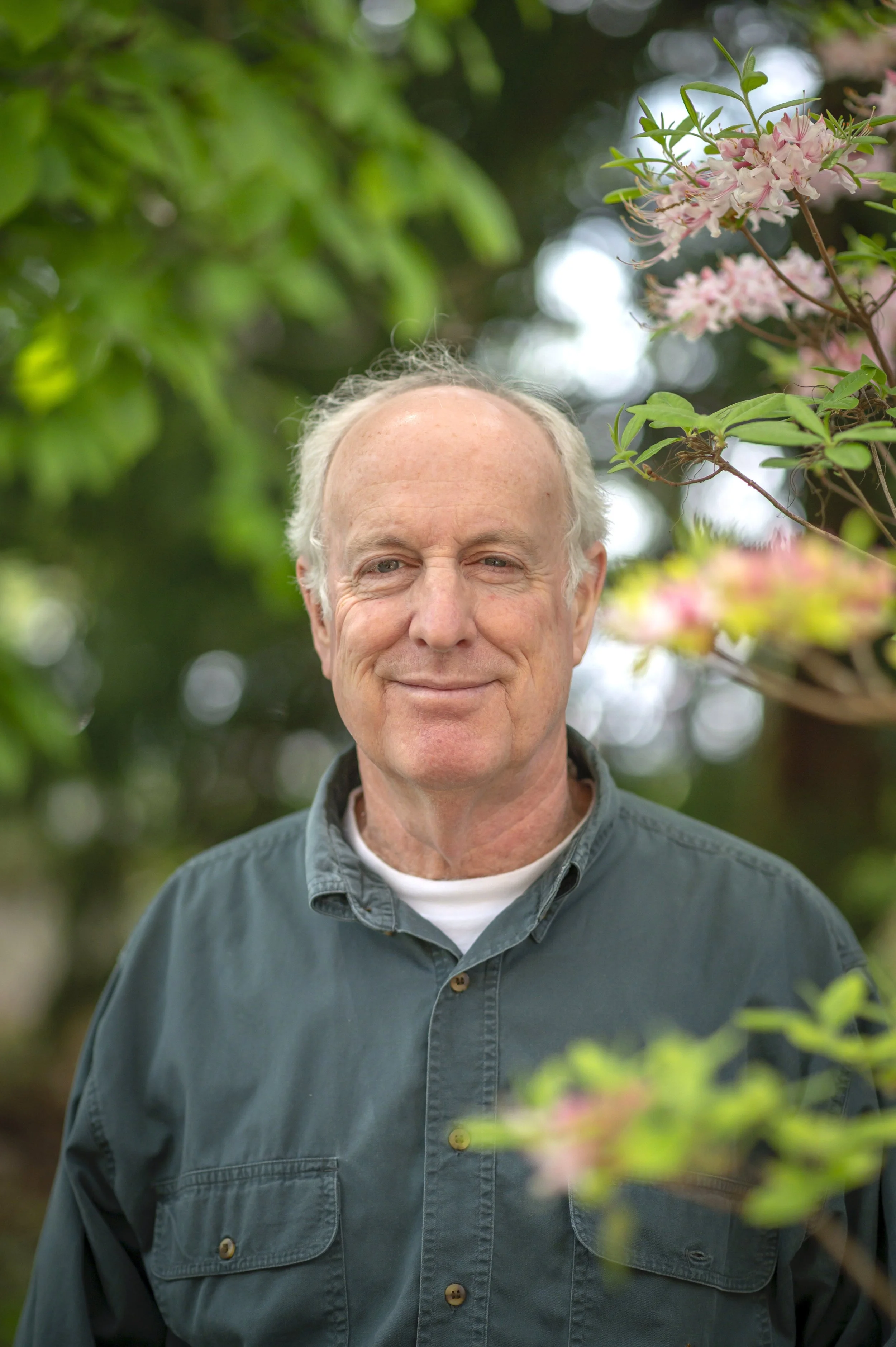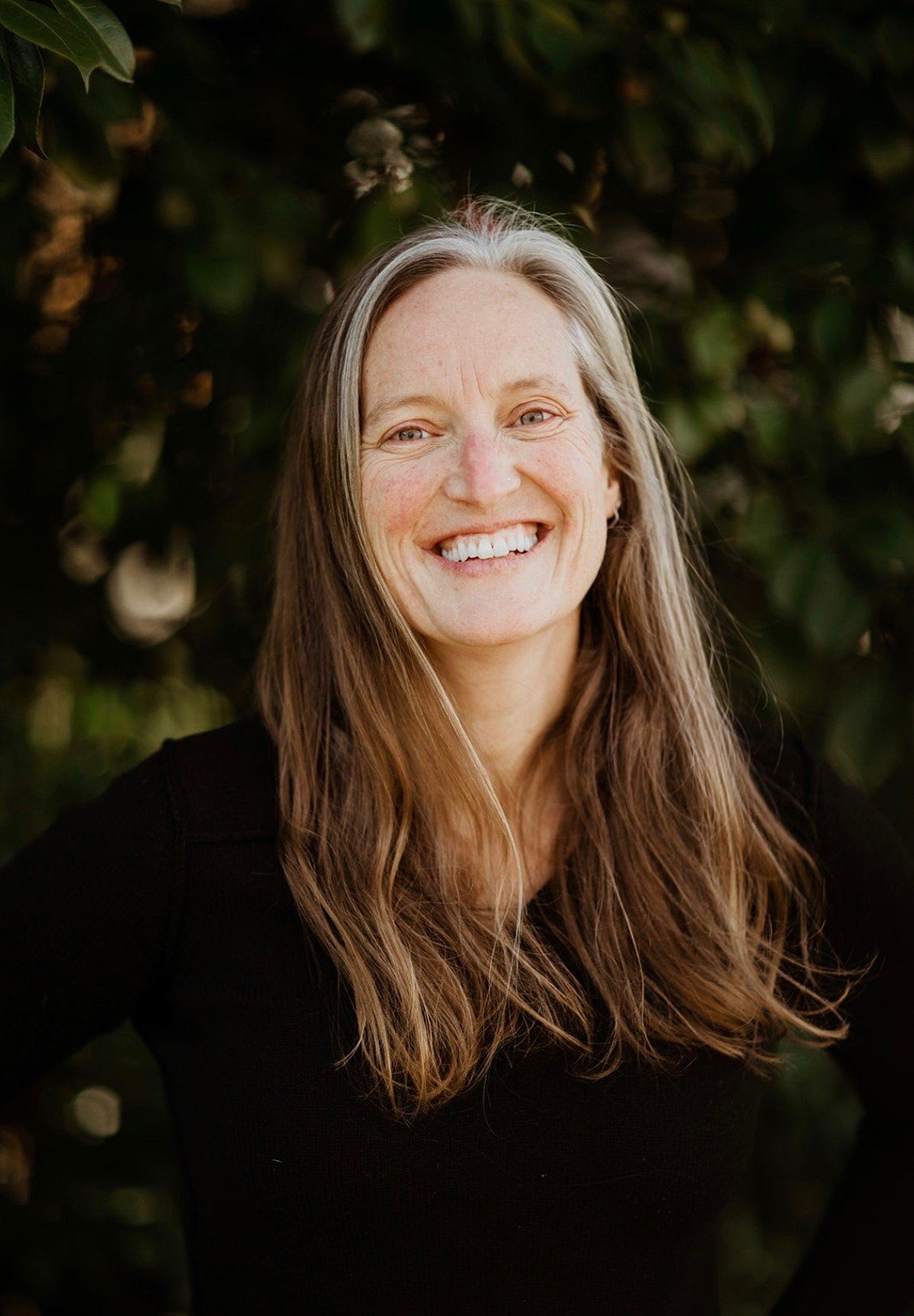
Speakers
-

Dr. Doug Tallamy
Doug Tallamy is the T. A. Baker Professor of Agriculture in the Department of Entomology and Wildlife Ecology at the University of Delaware, where he has authored 116 research publications and has taught insect related courses for 45 years. Chief among his research goals is to better understand the many ways insects interact with plants and how such interactions determine the diversity of animal communities. His books include Bringing Nature Home, The Living Landscape, co-authored with Rick Darke, Nature's Best Hope, a New York Times Best Seller, The Nature of Oaks, winner of the American Horticultural Society’s 2022 book award, and his latest book How Can I Help. In 2021 he cofounded Homegrown National Park with Michelle Alfandari (HomegrownNationalPark.org). His awards include recognition from The Garden Writer’s Association, Audubon, The National Wildlife Federation, Allegheny College, Ecoforesters, The Garden Club of America, The Herb Society, and The American Horticultural Association.
-

Dr. Olivia Carril
Olivia Carril is a wild bee biologist, educator, and author with nearly three decades of experience studying native bees across the United States. She is the author of three books on bees: The Bees in Your Backyard, The Common Bees of Eastern North America and the Common Bees of Western North America. She studies the pollinators of New Mexico’s rare plants, and monitors and inventories wild bee communities on public lands in an effort to establish baseline population information and better understand pollinator health across time and space. She lives in Santa Fe, NM, where she teaches middle school science at the Santa Fe Girls School.
-

Dr. Erica Henry
Dr. Erica Henry is the Prairie Ecologist with the WA Department of Fish and Wildlife. She has worked on endangered butterfly research projects from the Everglades and Florida Keys to coastal meadows of Oregon. Through this work, she has developed an intimate knowledge of the natural history of many of the US’s endangered butterflies and how we can use that information to improve conservation actions.
-

Steven Clark
Steven Clark is a biology professor emeritus at Clark College. He is currently serving as the Bee Campus Project Manager at Clark College. Steven has done research on the Western Pond Turtle, the American Pika, Sage Grouse and dozens of species of rare plants as part of the University of Washington’s Rare Plant Conservation.
Among several nature memberships, he is a long-time member of the Xerces Society for Invertebrate Conservation and the Vancouver Audubon Society.
Steven serves as Vice President for the Washington Native Plant Society and is on the science staff for Cascade Pika Watch. -

Michael O'Loughlin
Michael O’Loughlin is the Environmental Sustainability Manager at Clark Public Utilities where he works with a team of specialists on riparian restoration and pollinator habitat creation.
In his spare time, he can be found working on habitat enhancement projects and pollinator seed trials on his farm in McMinnville, OR. The farm is a flagship farm where he teaches other landowners how to be better land stewards.
He is an instructor for Oregon State University’s Master Melittologist program and a member of both the Oregon Bee Atlas and the Washington Bee Atlas as well as serving on the Washington State Pollinator Health Task Force. He is also an instructor for the OSU Master Gardener program. And in 2021 he and his brother were awarded the NAPPC Farmer-Rancher Pollinator Award for the US. -

Jane Tesner Kleiner
Jane Tesner Kleiner loves to connect people, of all ages, to nature. As a landscape architect and ecologist, she loves to help people add pockets of nature into their everyday lives.
She works on a wide range of projects, but adding nature to school campuses ranks at the top of the list. Adding shade trees to playgrounds, healthy habitat for hands-on learning and learning gardens, all add healthy landscapes for learning, play and wellness. -

Hill Kent
Whimsical artworks by local mother and hat enthusiast Hill Kent instill wonder, joy, and celebrate the beauty of the natural world. Hill is a creative badass who paints murals, teaches workshops and makes art part of her every day. Favorite things: family, mythic creatures, flowers, laughter, tea and croissants. Hill Kent creates with upcycled and natural materials for her business Hill Yeah! Eco Arts. She is enraptured by the full and slow process of making color - collecting supplies like leaves and clay, processing into paint and finally seeing the playful forms the colors take on wood and paper, and walls! Her bright and playful work explores dreams, balance, and cycle of life.
